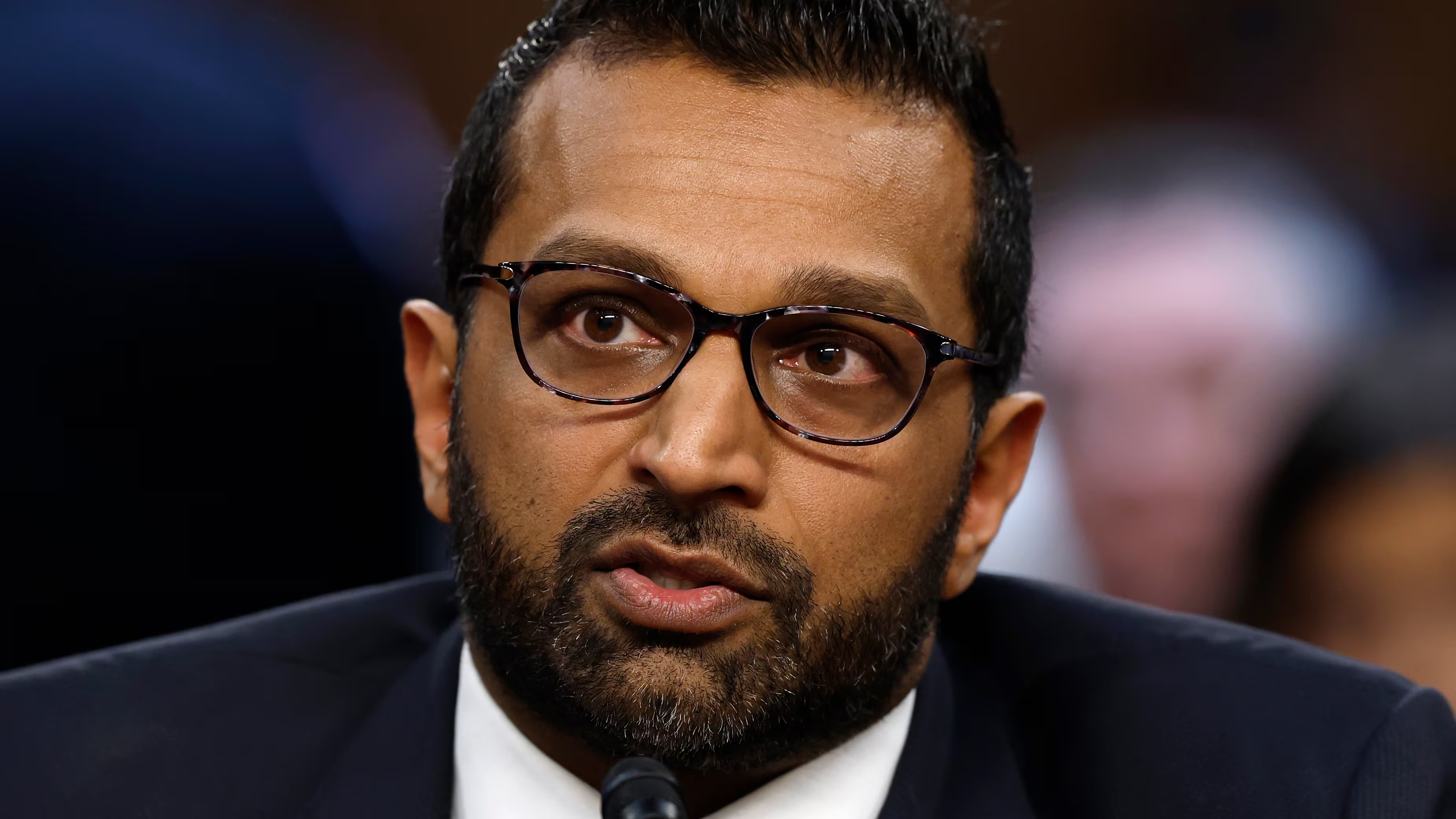ARTICLE AD
The Securities and Exchange Commission blocked staking when crypto exchange-traded funds were granted, but the lawmakers suggest the SEC may have been off-base.
Feb 21, 2025, 6:24 p.m. UTC
Staking should potentially be added to the menu for crypto exchange-traded funds (ETFs), a bipartisan group of U.S. senators argued in a letter to the Securities and Exchange Commission (SEC) on Thursday.
Issuers of crypto ETFs had originally planned to include the staking feature in their fund offerings, but the SEC, under its past leadership, had balked at the idea. The agency, run by Chair Gary Gensler until the administration of President Donald Trump arrived last month, had previously pursued enforcement actions against firms such as Kraken, arguing staking amounted to an unregistered securities offering.
The senators' letter — backed by Cynthia Lummis, the Republican chair of a Senate subcommittee that focuses on digital assets — calls for reconsidering the practice, which involves locking up digital tokens to support blockchain operations in return for rewards. Protocol staking is key to the security of ecosystems such as Ethereum, supporters contend.
"We encourage the SEC to consider the potential benefit to investors from allowing protocol staking in certain digital asset [exchange-traded products]," the letter to SEC Acting Chairman Mark Uyeda argued.
Other Republicans joined Lummis in the correspondence, and so did two Democrats: her usual crypto partner, Kirsten Gillibrand of New York, and also Ron Wyden of Oregon.
Read More: Staking in Ethereum ETFs Might Be a Question of When, Not If
Jesse Hamilton
Jesse Hamilton is CoinDesk's deputy managing editor on the Global Policy and Regulation team, based in Washington, D.C. Before joining CoinDesk in 2022, he worked for more than a decade covering Wall Street regulation at Bloomberg News and Businessweek, writing about the early whisperings among federal agencies trying to decide what to do about crypto. He’s won several national honors in his reporting career, including from his time as a war correspondent in Iraq and as a police reporter for newspapers. Jesse is a graduate of Western Washington University, where he studied journalism and history. He has no crypto holdings.

 18 hours ago
15
18 hours ago
15 


